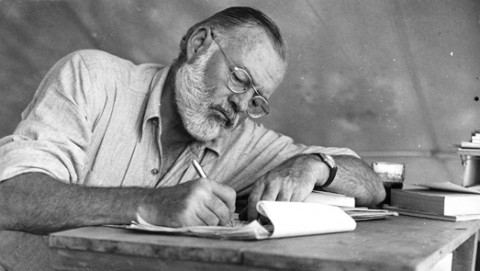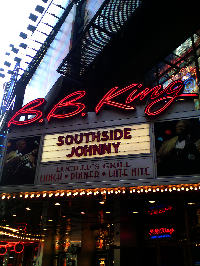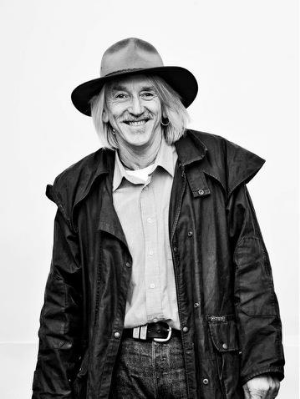Over the course of the last six days I’ve been given what I wished for – and it turned out to be (as you’d expect) not too pretty.
Essentially I’ve been off work and holed up in my study, doing nothing but composing music, for the forthcoming drama ‘Arrivals’, which opens at the Crescent Arts Centre this week.
The show, which explores interesting cross currents in the multi-cultural life of Northern Ireland, consists of five short pieces, written by a group of hugely talented writers from here and follows the fortunes of a cast of characters criss-crossing the globe to land here in search of love, marriage, refuge, work, inspiration - or just a new beginning.
The plays, written by Shannon Yee, James Meredith, Paul McMahon, Deirdre Cartmill and John Morrison, were conceived and are directed by Andrea. For more information, visit the Terra Nova website at www.terranovaproductions.net.
Most of the composition process has been huge fun, but some of it has of course been like having my teeth pulled, one molar each day. Walking in the door and seeing the guy there waiting, with the pliers.
I had thought at the outset that nothing could be sweeter than having a concentrated amount of time to knuckle down and produce some music. But I had forgotten that when I normally make music, I follow a set of rules – there are lyrics, choruses, spaces for guitar solos. A structure that I can bend and twist any way I want.
But this time I start with a number of canvases with outlines already sketched on them – it has to be something that suggests disquiet, says Andrea, or something that sounds restless and unresolved. With no lyrics to suggest disquiet or restlessness, I have to put my faith in the sound the instruments make.
So the finished pieces are strange bedfellows – one of them sounds like a powerpop band in a small club. Another sounds like a Zen master playing the piano. Another sounds like Talking Heads. And one sounds like me smacking a variety of glass objects in my kitchen on a Sunday afternoon, and blowing into bottles.
(This last one was interesting – to create the desired effect, I struck all kinds of glasses and jars alongside a drum loop. And then I blew across the top of a variety of bottles in the kitchen. When the process was over, I was left with a residue across my lower lip that was a mix of vodka, baileys, balsamic vinegar, sloe gin and fish sauce. Nice.) Of course, the pieces are all written to accompany scene change movement, so let’s hope they work.
I should come clean and say this is not the first time I’ve written instrumental music. A couple of years ago I was commissioned to write pieces for an exhibition of paintings by Maurice Orr. I learned some valuable lessons during that process – every time I brought music to him he would ask for less. Take the harmonica out. Can we take out the percussion? Let’s lose the guitar.
‘Sorry... Er, lose the guitar?'
A couple of the pieces ended up with just the sound of surf and a few broken piano chords here and there. But it worked. It was all about atmospheres.
This is a similar process – one of the plays is about faiths meeting and clashing and meshing, so I played a piano piece that I hope sounds like two pianos speaking to each other.
If you visit the ReverbNation player right HERE, you can download a couple of the tracks absolutely free.
But if you’d like to see them in their proper context – in other words, setting up the atmosphere for the piece of drama to follow, come along to see the show at the following venues.
FEBRUARY 12-15 at 8pm nightly (and matinees Feb 13 at 1.30pm and Feb 15 at 2.30pm), BELFAST: Crescent Arts Centre
Call (028) 9024 2338 or visit www.crescentarts.org
FEBRUARY 19 at 8pm, NEWTOWNARDS: Ards Arts Centre
Call (028) 9181 0803 or visit www.ards-council.gov.uk
FEBRUARY 20 at 8pm, COLERAINE: Riverside Theatre
Call (028) 7012 3123 or visit www.riversidetheatre.org.uk
FEBRUARY 21 at 8pm, ARMAGH: The Marketplace Theatre
Call (028 3752 1821 or visit www.marketplacearmagh.com
FEBRUARY 22 at 8pm, DOWNPATRICK, Down Arts Centre
Call (028) 4461 0747 or visit www.downartscentre.com





















